World Hepatitis Day – Eliminating Hepatitis through Awareness
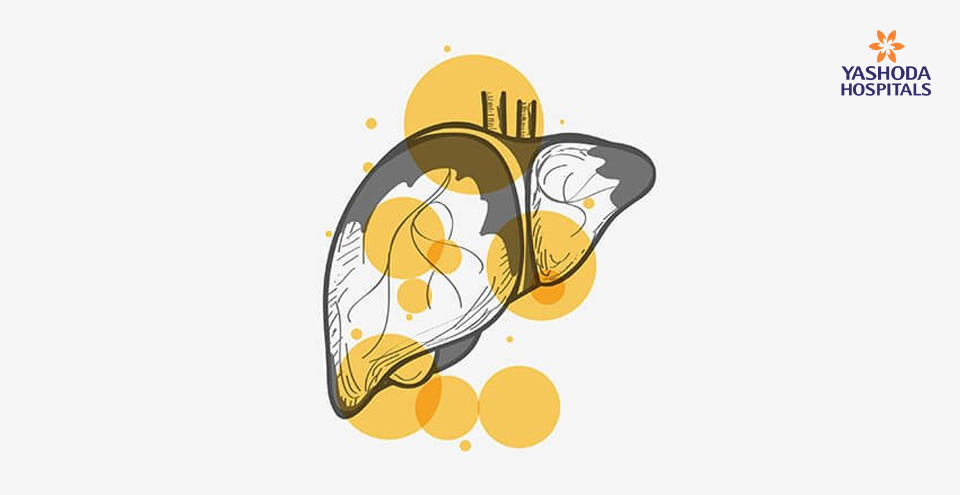
World Hepatitis Day 2017 marks the start of the campaign to Eliminate Hepatitis by 2030.
What is Hepatitis?
Hepatitis is a condition referring to the inflammation of the liver, caused by either a viral infection, an autoimmune condition or as a side effect of medication. There are five types of Hepatitis, A, B, C, D and E, a different type of virus responsible for each. Hepatitis A and E are acute and short term and B, C and D being chronic and long-term.
History of Hepatitis in India
In India, Viral Hepatitis has been recognised as a serious health problem by the World Health Organisation. As of 2016, there are 52 million people who are infected by Hepatitis. This places a huge burden on the social and economic burden on the families of those affected by it. Recognising World Hepatitis Day is all the more important in India because over 90% of these are preventable with vaccines.
This is all the more significant in India because of the lack of awareness about the disease leading to over 95% of people suffering from illness without seeking medication for it. World Hepatitis Day is an ideal opportunity to raise the profile of viral hepatitis in public and help eliminate it.
Signs and symptoms you should be looking out for
Some of the symptoms of Hepatitis that you should look out for, especially if you have come in contact with someone who has a form of viral hepatitis include:
- Fatigue
- Dark Urine
- Unexplained weight loss
- Flu-like symptoms
- Signs of Jaundice, including yellow eyes and skin
- Abdominal pain
Diagnosis for Hepatitis is done based on a physical examination and tests like liver function tests and blood tests to check for enzyme levels to indicate the well being of your liver.

What can you do to reduce the risk of contracting Hepatitis?
Reducing the risk of contracting Hepatitis starts with a vaccine. Vaccines are present to the curb the development of Hepatitis A and B but for the rest, the vaccines are still in development.
The key to the prevention of Hepatitis is keeping good hygiene. This applies particularly when traveling to areas where Hepatitis is widespread. In these places, it is good to avoid local water, raw fruits and vegetables and even uncooked sea foods as well.
Hepatitis B, C and D which are often contracted through contaminated blood, or bodily fluids, care needs to be taken to practice safe sex. It is also important to not share razors, toothbrush or touch infected blood.
What does World Hepatitis Day mean for you and what can you do to contribute?
World Hepatitis Day is celebrated on 28 July of every year with the aim of spreading awareness about the dangers of Hepatitis and the importance of prevention. At the 69th World Health Summit in Geneva, 194 countries have taken a pledge towards the elimination of Hepatitis by 2030, making the running theme for the year: Eliminate Hepatitis. Eliminating Hepatitis is not only a public goal, but also an individual one, because it has an impact on every person.
As individuals, contributing to eliminating Hepatitis for a healthier world is two fold. The first in ensuring that you do not actively pass on the infection of the disease, by maintaining hygiene levels of the body and surroundings and second, by spreading awareness so other people may do the same. World Hepatitis Day is an opportunity to work towards a healthier world by making it a part of the global conversation.



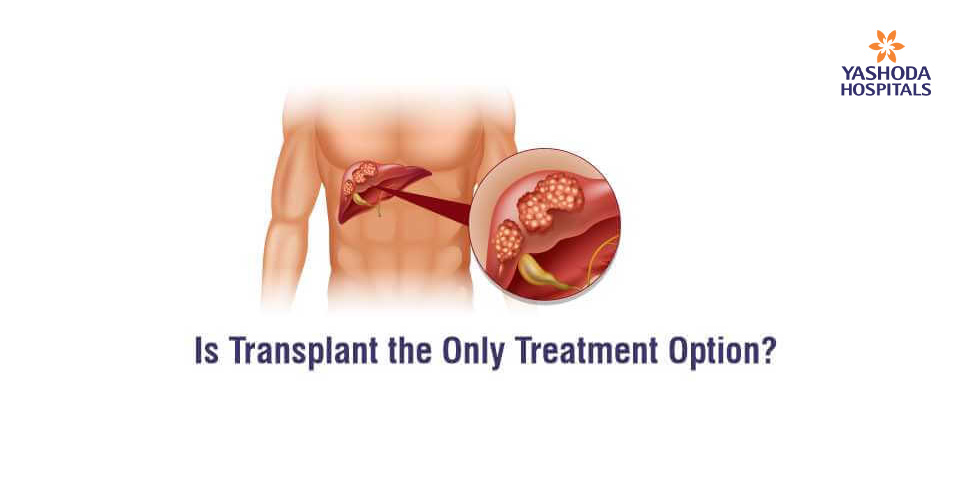
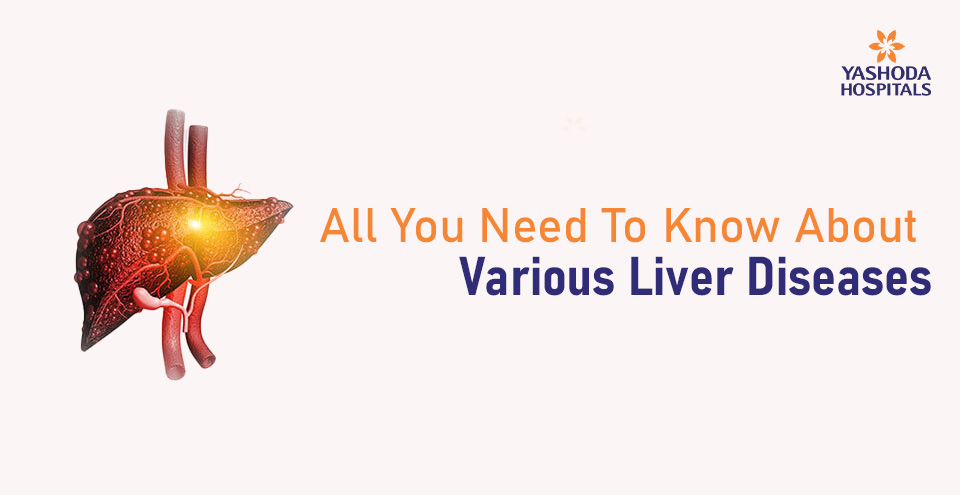
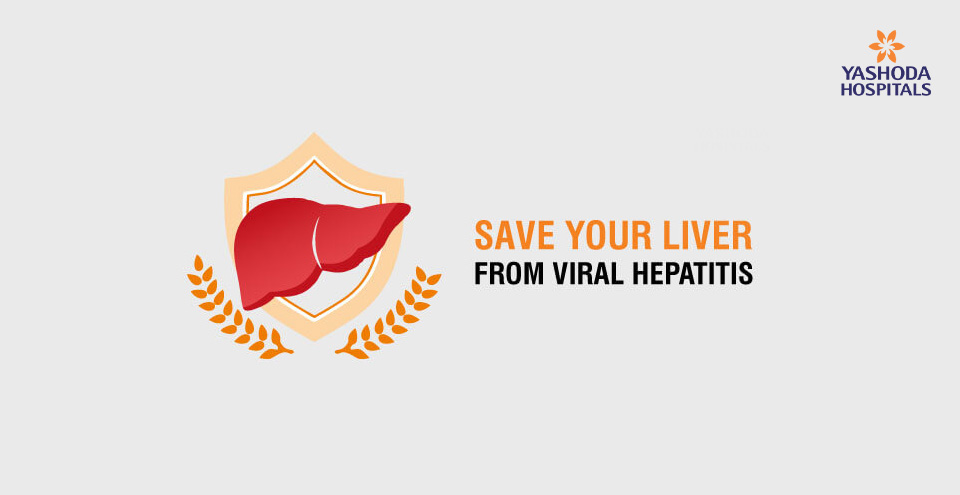

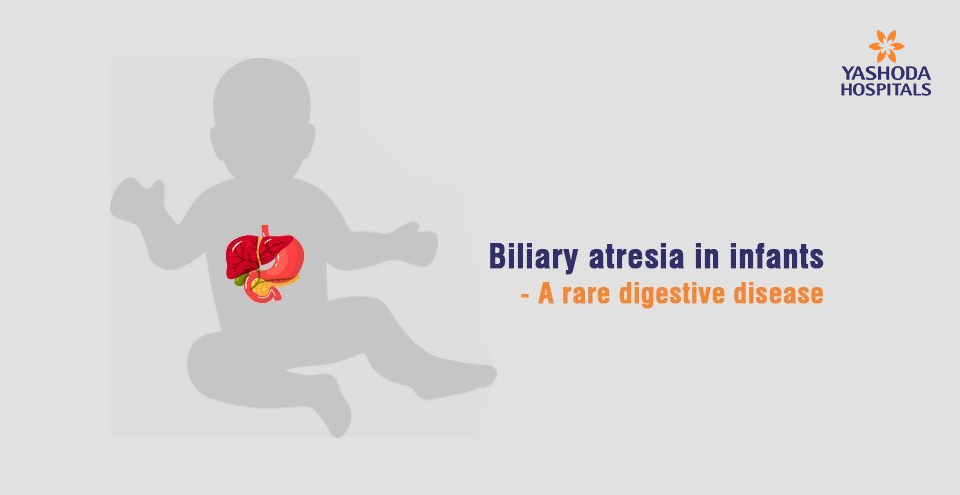
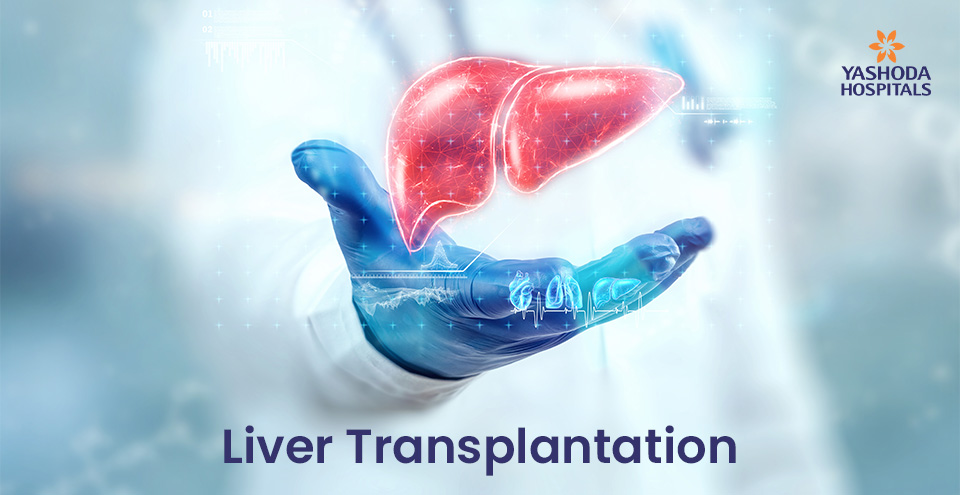
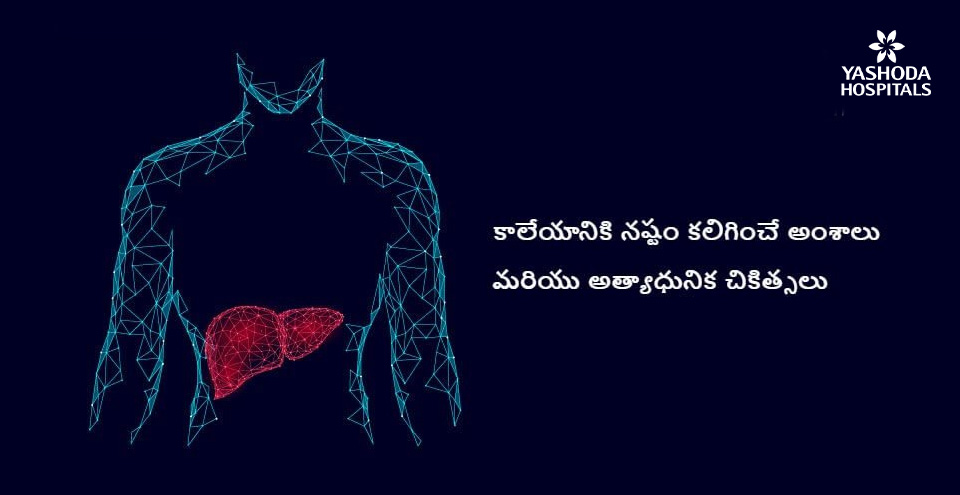

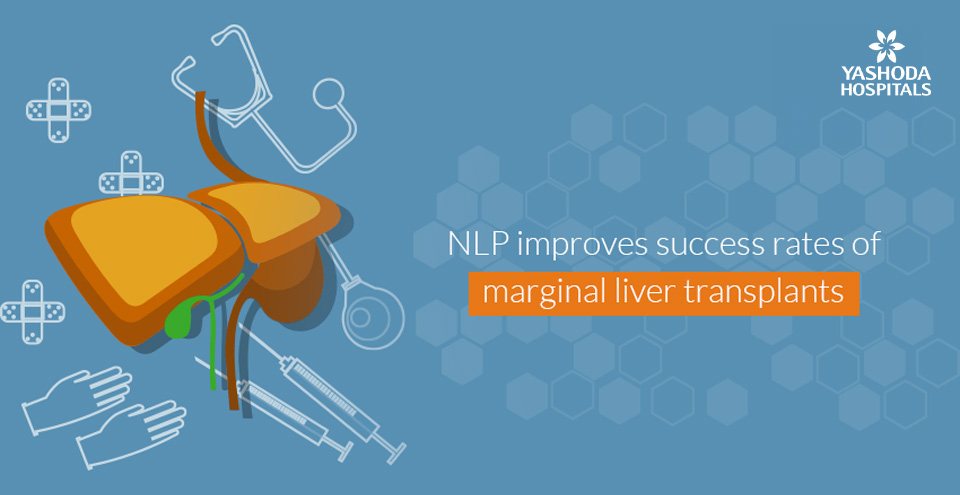

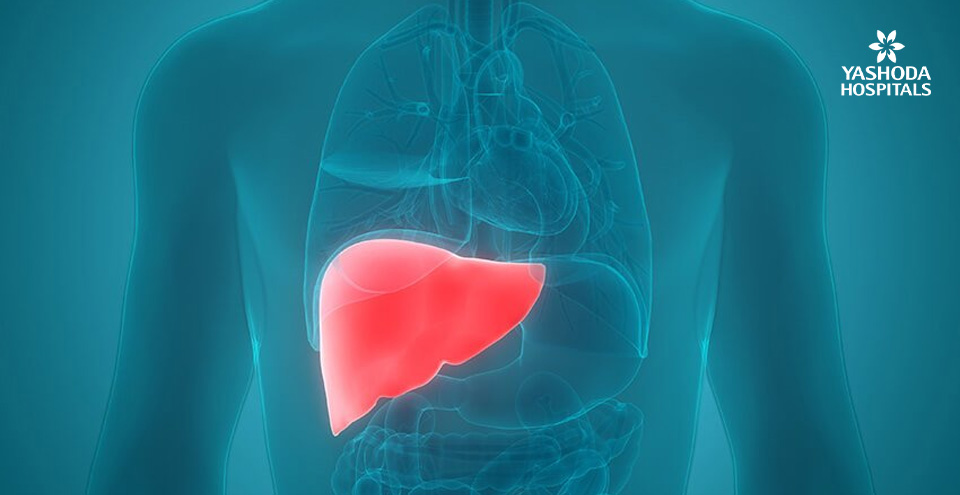
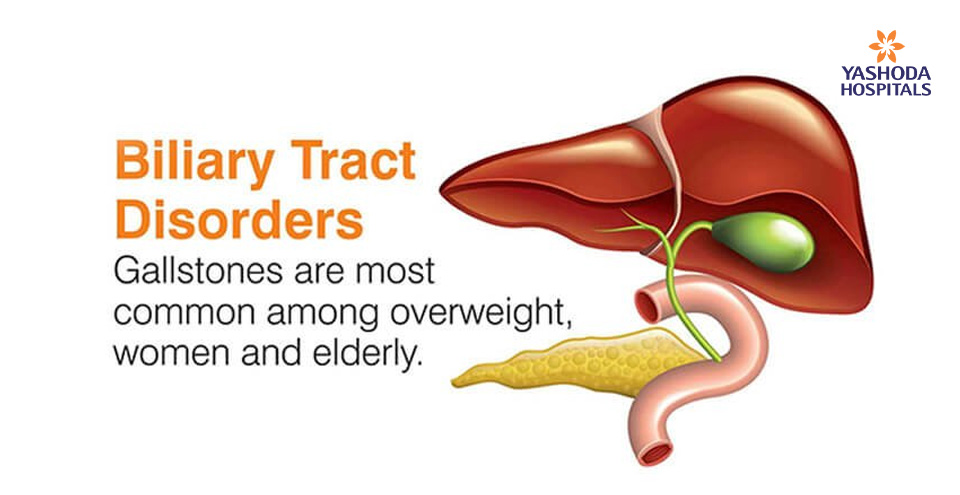
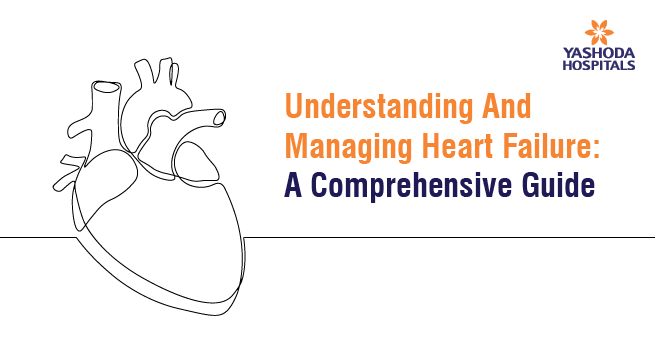
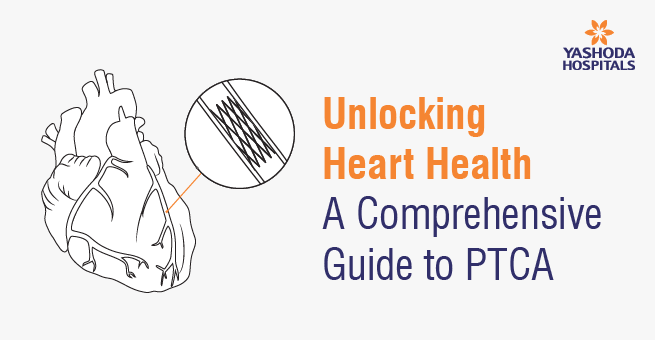



 Appointment
Appointment Second Opinion
Second Opinion WhatsApp
WhatsApp Call
Call More
More





